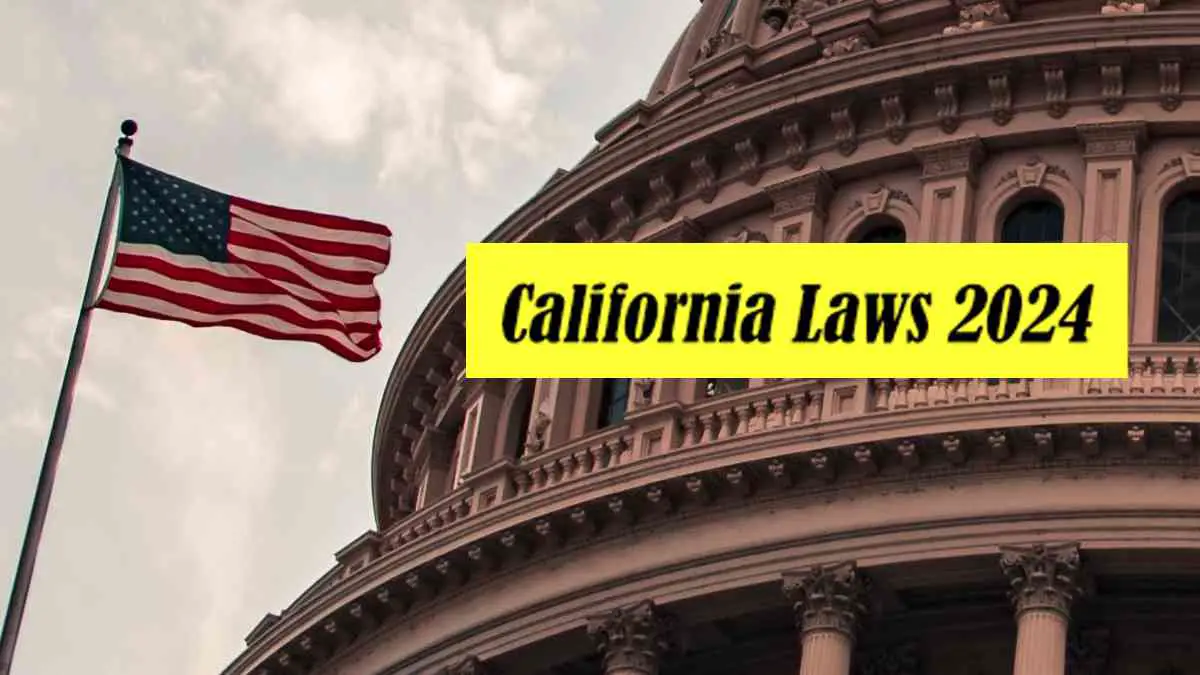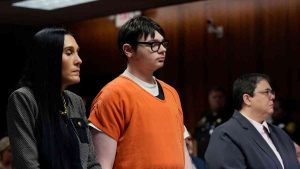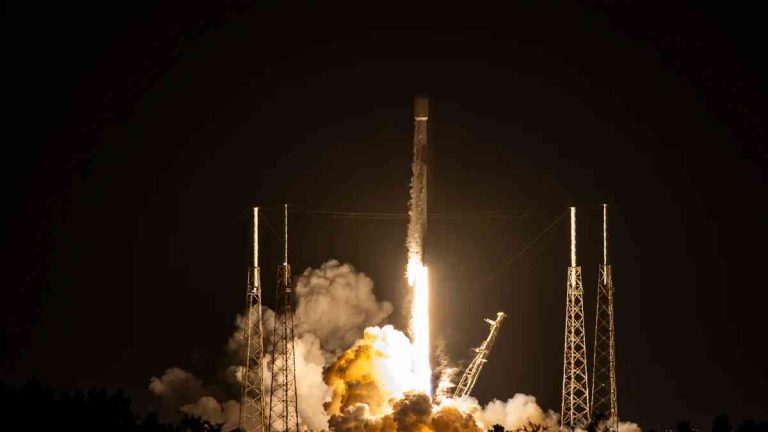In an amazing teamwork effort between the leaders and Governor Gavin Newsom, California Laws is making big changes that will start on January 1, 2024. This year, they passed some really important laws to support things like women’s rights, fighting against problems with opioids, making sure workers are treated well, helping more people vote, making Big Oil do the right thing, creating more affordable houses, dealing with mental health issues, keeping everyone safe, and making it easier to transfer to UC. Governor Newsom is really proud of California for taking action, saying, “California isn’t just a place where people dream; it’s a place where people make things happen.”
Fighting for Reproductive Rights
- What’s Happening: California is making sure that everyone’s private health information is kept safe.
- Who’s Doing It: Assemblymember Bauer-Kahan is leading this effort with AB 352.
- What AB 352 Does: This law makes companies handling electronic health records protect the private medical info of Californians and visitors. It includes things like abortion, gender-affirming care, pregnancy loss, and other sensitive services.
- Why It Matters: This closes a big gap in privacy protection, especially for those coming to California for services like abortion or gender-affirming care.
- In Simple Terms: They’re making a rule to keep your personal health stuff private, especially for important services, no matter where you’re from.
Treatment for the Opioid Crisis
California’s response to the opioid crisis involves expanding treatment access through Assemblymember Haney’s AB 663, facilitating the creation of additional mobile pharmacies statewide, allowing them to distribute medications for opioid use disorder.
Workers’ Rights
Governor Newsom signed a new law, SB 616 by Senator Gonzalez, to make things better. Now, workers can have more sick days – 5 instead of just 3. This means people can take the time they need to take care of themselves or their families without worrying about work. It’s a helpful change to support everyone’s well-being.
Increasing Voter Access
California continues to lead in voter accessibility with Assemblymember Pellerin’s AB 545, allowing voters with disabilities to complete regular ballots through curbside voting. The bill removes the requirement for voters to declare under oath that they are unable to mark their ballots independently.
Taking on Big Oil
To make Big Oil more accountable, Senator Skinner’s SBX1-2 grants new authority to the California Energy Commission to penalize refineries and combat price gouging. The legislation also establishes an independent state watchdog to investigate market manipulation.
Increasing Affordable Housing
California aims to expedite the affordable housing process with Senator Wiener’s SB 423, streamlining projects in local governments failing to meet state housing goals. SB 4, the “Yes in God’s Backyard” bill, permits housing development on religious or independent education institution properties, with minimal local governance intervention.
Addressing the Mental Health Crisis
Governor Newsom signed crucial legislation to address the behavioral health crisis. Proposals, such as Senator Eggman’s SB 326 and Assemblymember Irwin’s AB 531, seek to make better use of Mental Health Services Act funding, fund new behavioral health facilities, and issue bonds for increased mental health resources.
Public Safety
Stepping up efforts against human trafficking, Governor Newsom signed Senator Grove’s SB 14, imposing harsher penalties for trafficking minors for commercial sex acts.

Streamlining the UC Transfer Process
Assemblymember McCarty is starting a new program called the University of California Associate Degree for Transfer Pilot Program. It begins at UCLA and is all about helping students who earn a special kind of associate degree for transfer (ADT) from certain community colleges.
For students who meet the criteria but don’t get into UCLA:
- Backup Plan: If a student meets the requirements but isn’t accepted at UCLA, this program ensures they have another UC campus as a backup option.
- Easier Transfer: The program simplifies the process for community college students to switch to UC schools.
- Saving Money: It helps them save money and time, making it possible to earn two degrees in four years.
- Smooth Transition: Think of it as a smoother road for students going from community college to a UC campus. It makes the journey from one to the other more straightforward and accessible.






















+ There are no comments
Add yours